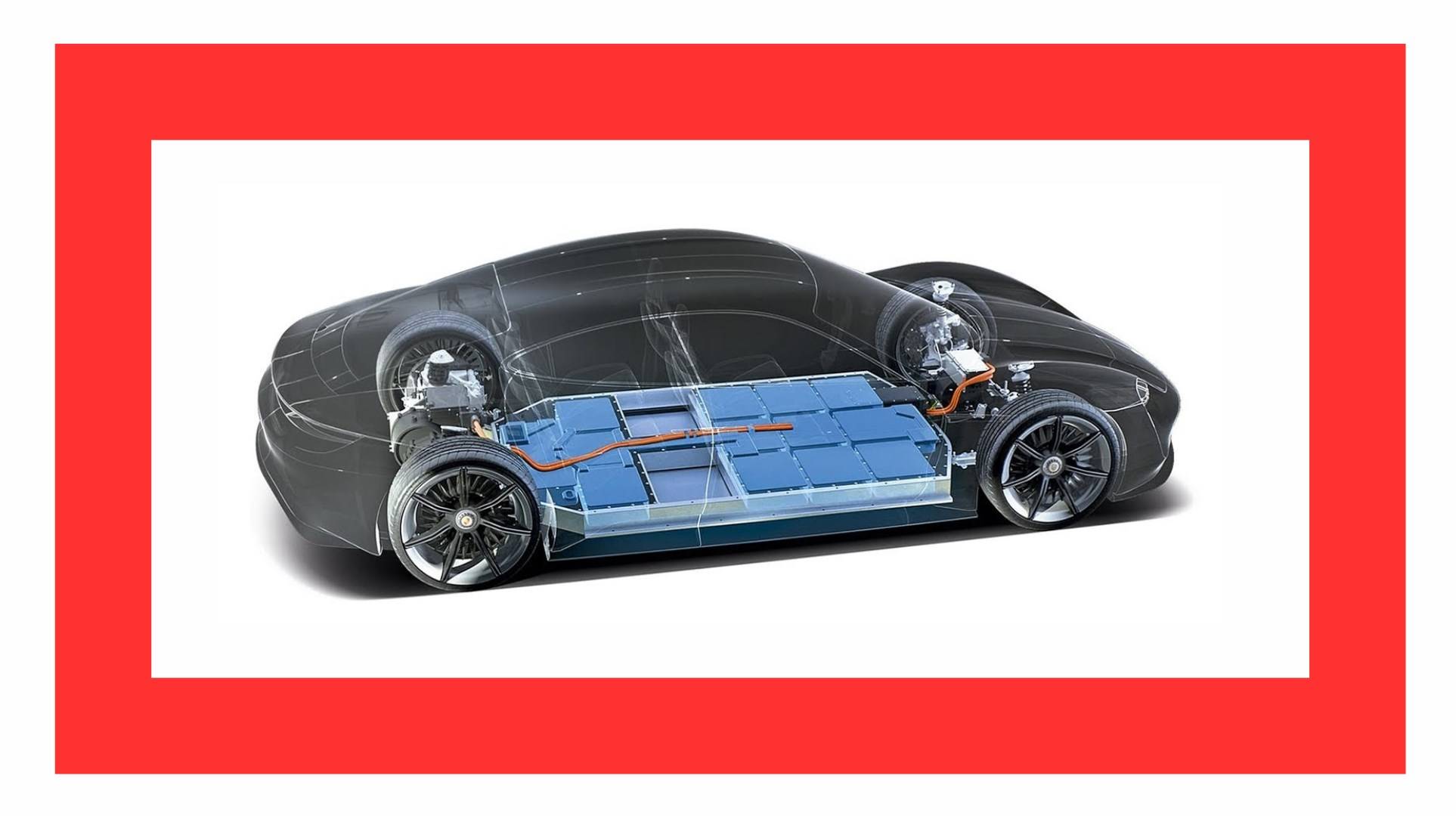Electric vehicles (EVs) have emerged as a beacon of innovation in the pursuit of sustainable transportation. However, EV batteries, the heart of these vehicles, are not without their challenges. As we navigate the rapidly evolving landscape of battery technology, it is crucial to address the current issues and explore the promising advancements that aim to reshape the future of EVs.
Common Issues with EV Batteries
Limited Range
One of the most talked-about limitations of EV batteries is their range. Despite significant advancements, many electric vehicles still struggle to match the driving distance offered by traditional internal combustion engines. Range anxiety, the fear of running out of battery power before reaching a charging station, remains a significant barrier to widespread EV adoption. Current lithium-ion batteries, while improving, often limit EV range to about 200-300 miles on a single charge.
Long Charging Times
Another notable issue is the charging time. While the industry has made strides in fast-charging technology, the time required to recharge an EV still pales in comparison to the time needed to refuel a gasoline vehicle. Most fast chargers can replenish an EV battery to 80% in approximately 30 minutes, but the remaining 20% often takes considerably longer. For many users, this extended downtime can be inconvenient and a deterrent to choosing electric over conventional vehicles.
Battery Degradation
Battery degradation is a concern that affects the long-term performance of EVs. Over time, EV batteries lose their capacity to hold a charge, which can lead to reduced driving range and overall performance. Degradation is influenced by several factors, including the number of charge cycles, charging speeds, and environmental conditions. As a result, vehicle owners may face the prospect of expensive battery replacements or diminished vehicle performance as their EV ages.
Advancements in Battery Technology
Solid-State Batteries
In response to these challenges, researchers are making significant strides in solid-state battery technology. Unlike traditional lithium-ion batteries, which use a liquid electrolyte, solid-state batteries utilize a solid electrolyte. This innovation offers several advantages, including:
- Increased Energy Density: Solid-state batteries can store more energy per unit of weight and volume, potentially doubling the driving range of EVs.
- Enhanced Safety: The absence of a liquid electrolyte reduces the risk of leakage and flammability, addressing safety concerns associated with conventional batteries.
- Longer Lifespan: Solid-state batteries generally experience slower degradation, offering a more durable solution for long-term use.
Sodium-Ion Batteries
Sodium-ion batteries are another promising alternative to lithium-ion technology. Sodium is more abundant and less expensive than lithium, which could lead to more affordable EVs. Key benefits of sodium-ion batteries include:
- Cost Efficiency: The lower cost of sodium compared to lithium could reduce the overall expense of EV batteries.
- Improved Performance in Low Temperatures: Sodium-ion batteries perform better in colder climates, which is advantageous for regions with harsh winters.
- Sustainability: Sodium is more readily available and less environmentally taxing to extract than lithium, contributing to more sustainable battery production.
Improving Charging Infrastructure
To complement advancements in battery technology, the development of charging infrastructure is critical. Expanding the network of fast-charging stations and improving the efficiency of charging technology are essential for supporting widespread EV adoption. Innovations in ultra-fast charging and wireless charging technologies are being explored to reduce charging times and enhance convenience for EV users.
Sustainable Battery Recycling
Sustainable practices in battery recycling are crucial for mitigating the environmental impact of battery production and disposal. As EV adoption grows, so does the need for effective recycling methods to reclaim valuable materials and reduce waste. Advances in recycling technologies aim to:
- Enhance Material Recovery: Develop processes to efficiently recover lithium, cobalt, and other critical materials from used batteries.
- Reduce Environmental Impact: Implement eco-friendly recycling practices that minimize the environmental footprint of battery disposal.
- Promote Circular Economy: Foster a circular economy approach where materials are continuously reused and recycled, reducing the need for virgin resources.
The Future of Battery Technology
Next-Generation Lithium-Ion Batteries
Despite the emergence of new technologies, next-generation lithium-ion batteries continue to evolve. Innovations in battery chemistry and manufacturing processes are pushing the boundaries of performance and efficiency. Advances in lithium-silicon anodes and high-energy cathodes promise to enhance battery capacity, charge rates, and overall durability.
Battery Management Systems
The development of sophisticated battery management systems (BMS) is also transforming battery technology. BMS technologies optimize battery performance by monitoring and managing parameters such as temperature, charge levels, and cell health. Enhanced BMS solutions contribute to longer battery life, improved safety, and more accurate performance predictions.
Integration with Renewable Energy
Future battery technologies are likely to be integrated with renewable energy sources. Advances in vehicle-to-grid (V2G) systems allow EVs to act as mobile energy storage units, providing grid stability and supporting the integration of intermittent renewable energy sources like solar and wind. This synergy between EVs and renewable energy can contribute to a more sustainable and resilient energy infrastructure.
Conclusion
As we look to the future, the evolution of EV batteries holds great promise for addressing the current limitations and enhancing the overall driving experience. From solid-state and sodium-ion technologies to improved charging infrastructure and sustainable recycling practices, ongoing innovations are paving the way for more efficient, safer, and environmentally friendly transportation solutions. By staying abreast of these advancements, we can anticipate a future where electric vehicles are not only a viable alternative to traditional cars but a superior choice in terms of performance, convenience, and sustainability.



